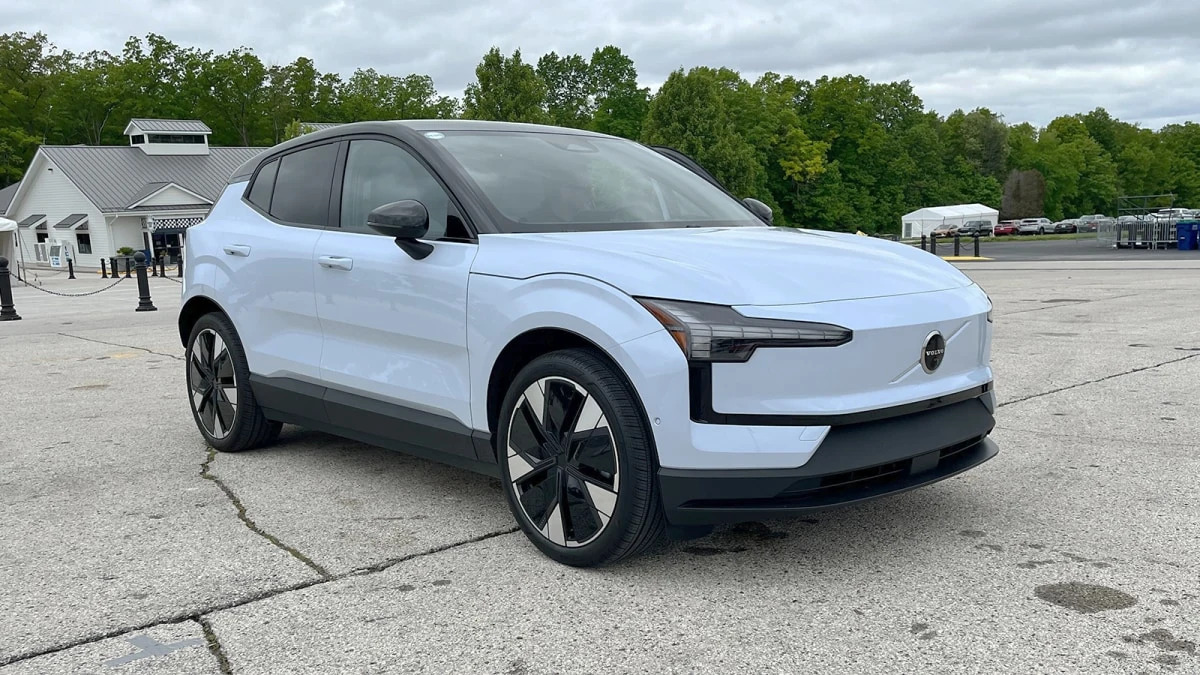
Volvo had been the clearest and most direct of all automakers about switching to a purely electric lineup. Less than a year after getting the XC40 Recharge to market, on March 2, 2021, the company wrote that it “intends to only sell fully electric cars and phase out any car in its global portfolio with an internal combustion engine, including hybrids
The most Volvo has said publicly came from CEO Jim Rowan, who told analysts during a recent investor webcast that because the EV transformation is going to take time to scale, hybrid powertrains could “form a solid bridge for our customers that are not ready to move to full electrification.” According to AN, an anonymous insider said plug-in hybrids could take the lead for the next 10 years as global governments and global markets align on electric vehicles
Volvo would also be well positioned for the turn, considering buyer sentiment to the hybrids and PHEVs it’s sold for many years now. The SPA1 platform supporting every Volvo with an internal combustion engine remains sound. Given development dollars and improvements in battery